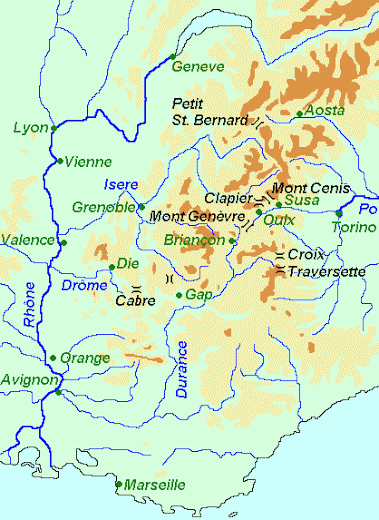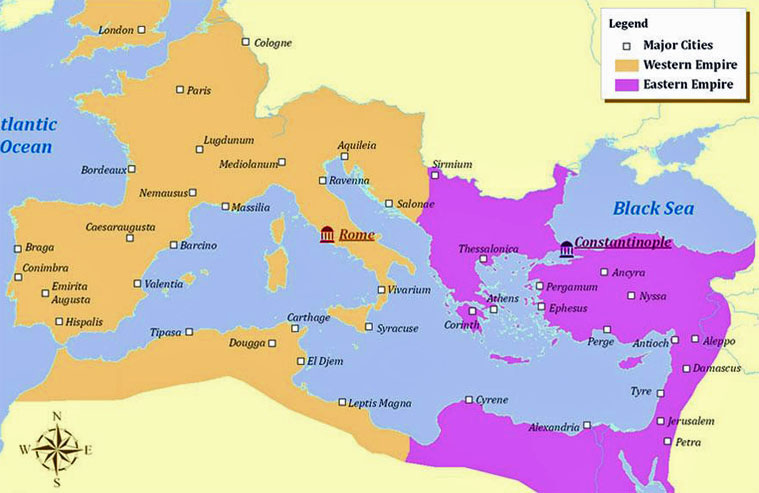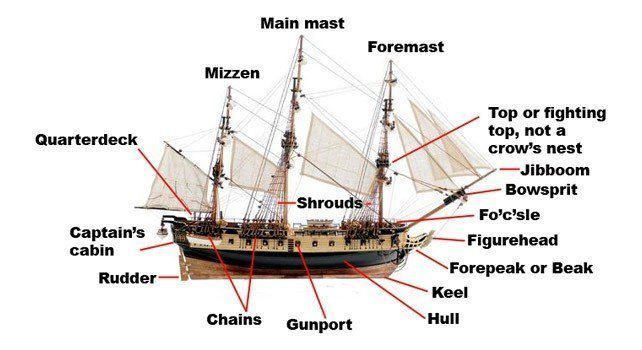Lyons is a city located in east central France. In the 15th century, it was a silk center in Europe, raising silkworms in order to create silk.

Mont Cenis is an Alpine pass on the border of France and Italy.

Leghorn refers to Livorno, a city on the western coast of Tuscany, Italy, which is known for its fishing industry and major shipyards. Leghorn is the anglican spelling of Livorno.

Felix had led them from the eastern part of France, through the Mont Cenis pass, and down the coast of Italy to Livorno so the Turk could escape execution.
"Lyons, City, France." The Columbia Encyclopedia. New York: Columbia University Press, 2015. Credo Reference. Web. 1 Dec. 2015.
"Cenis, Mont." The Columbia Encyclopedia. New York: Columbia University Press, 2015. Credo Reference. Web. 1 Dec. 2015.
"Livorno." The Columbia Encyclopedia. New York: Columbia University Press, 2015. Credo Reference. Web. 1 Dec. 2015.
"Livorno (Leghorn)." Thames & Hudson Dictionary of the Italian Renaissance , the. Ed. J. R. Hale. London: Thames & Hudson, 2006. Credo Reference. Web. 1 Dec. 2015.









